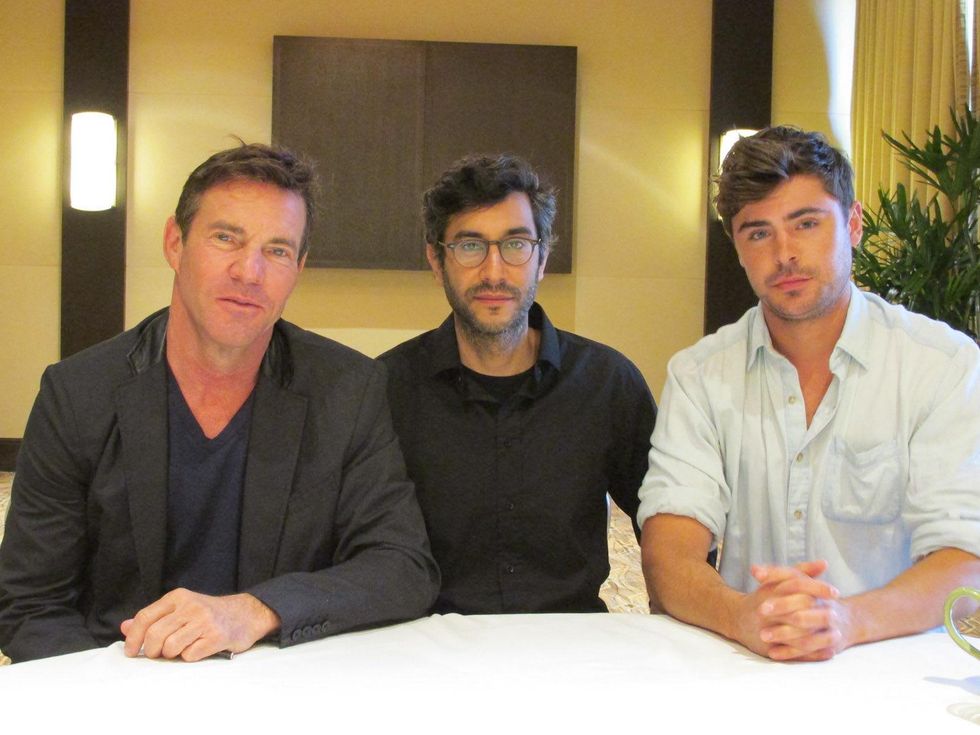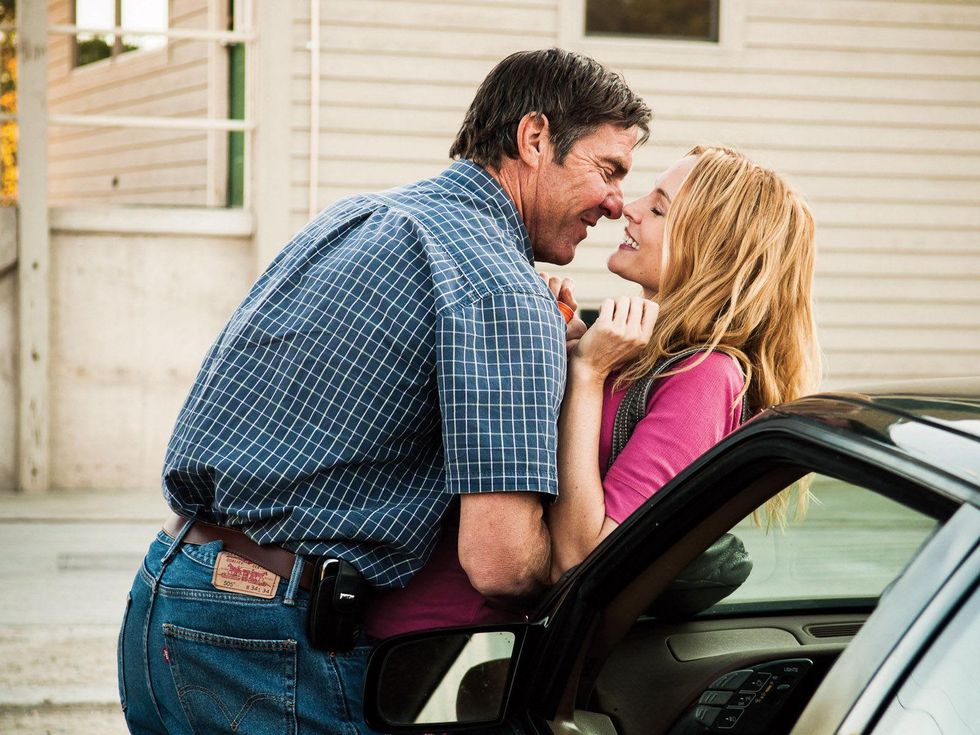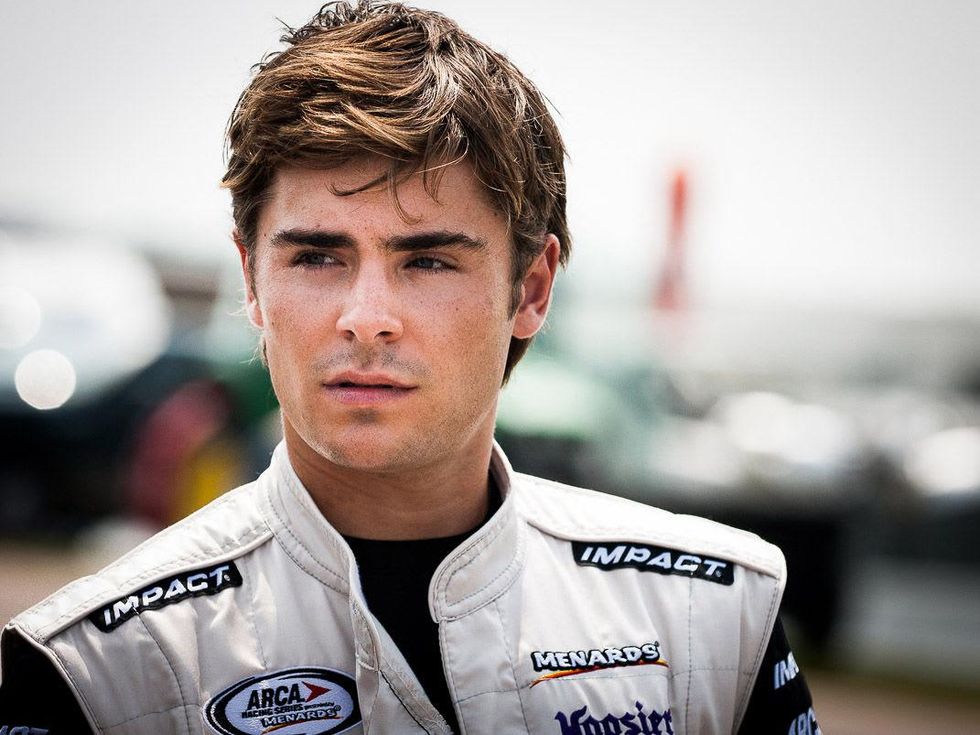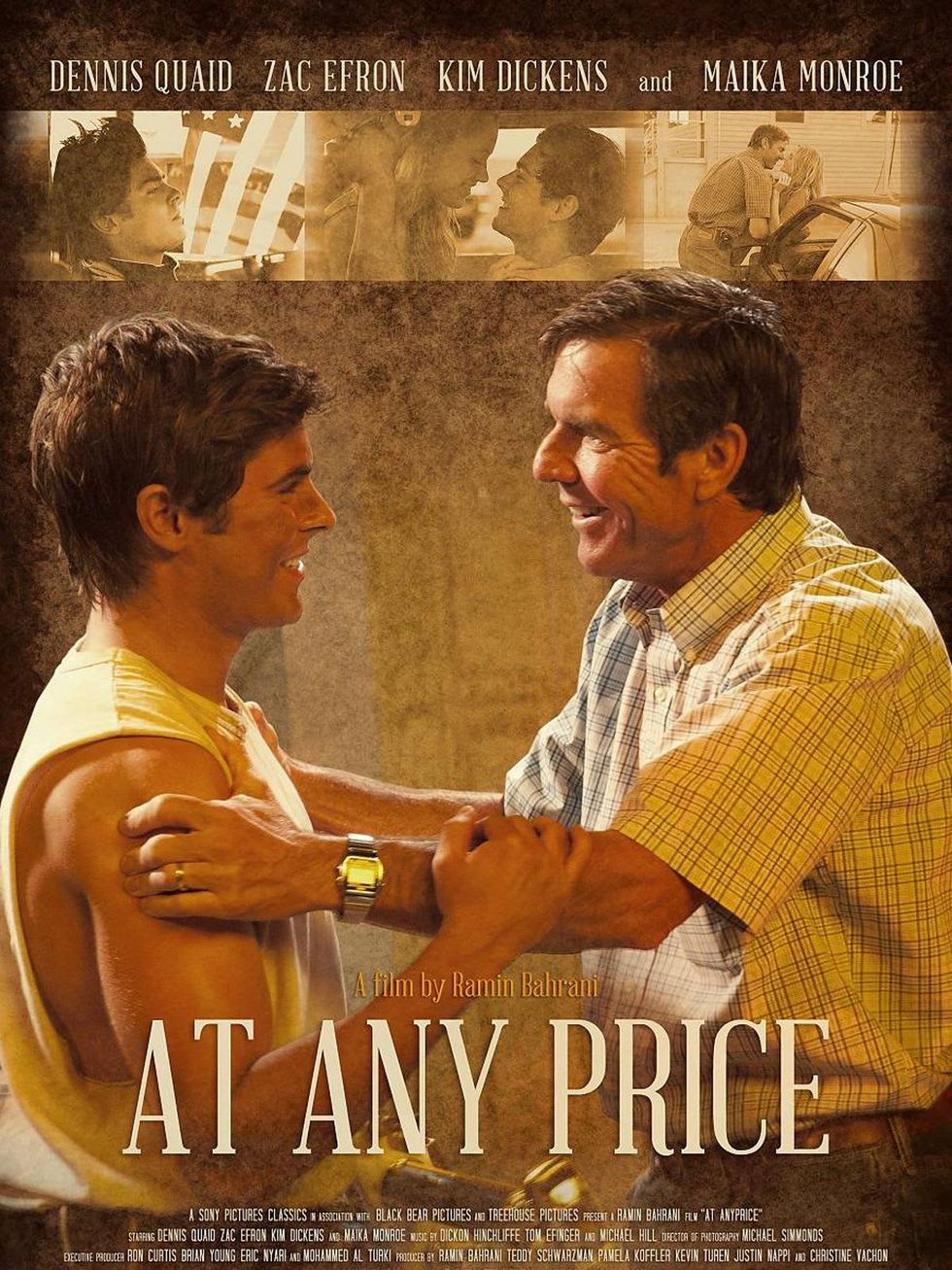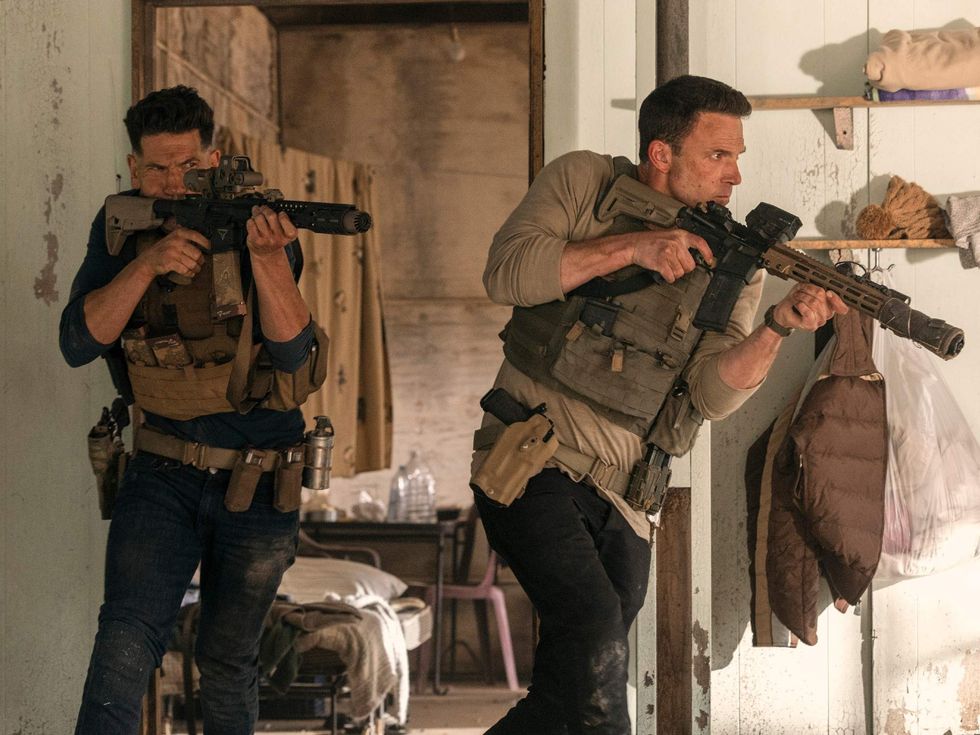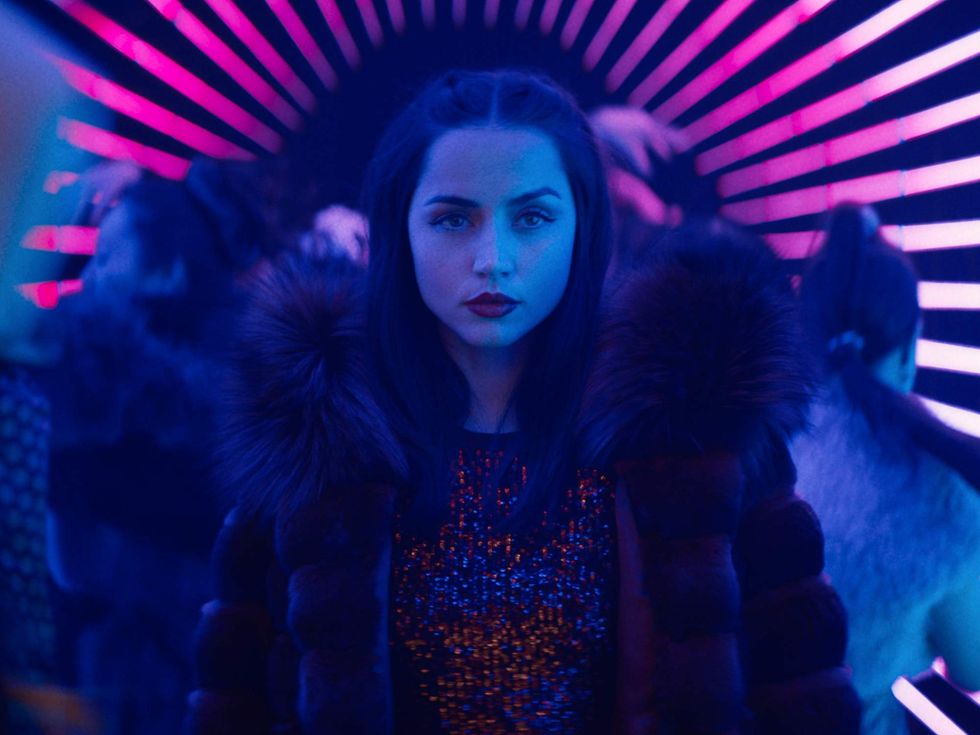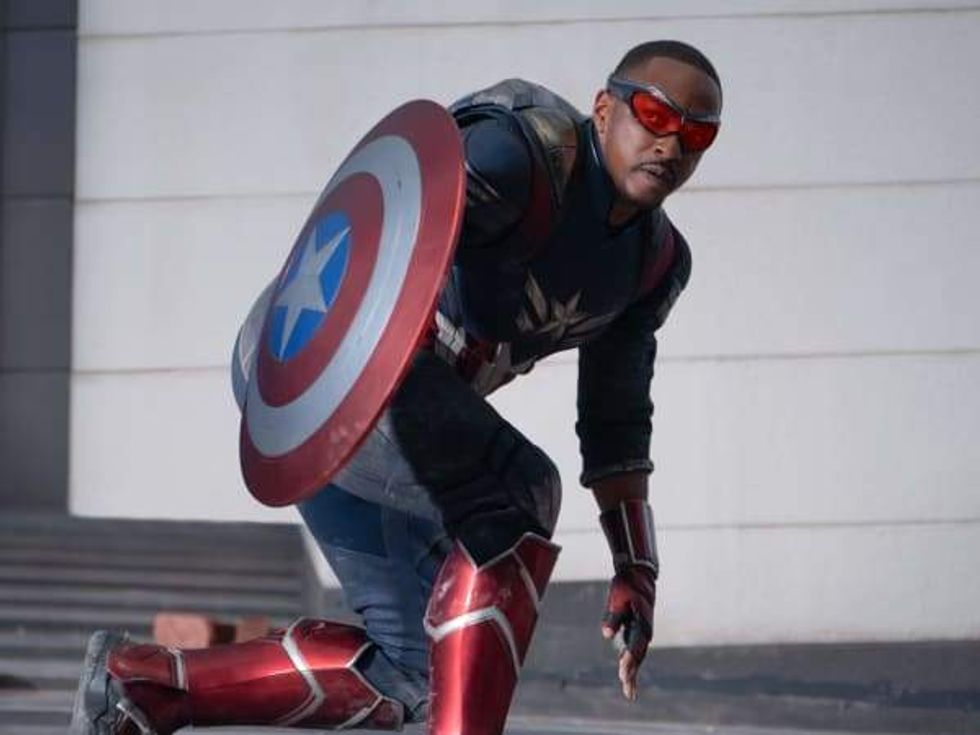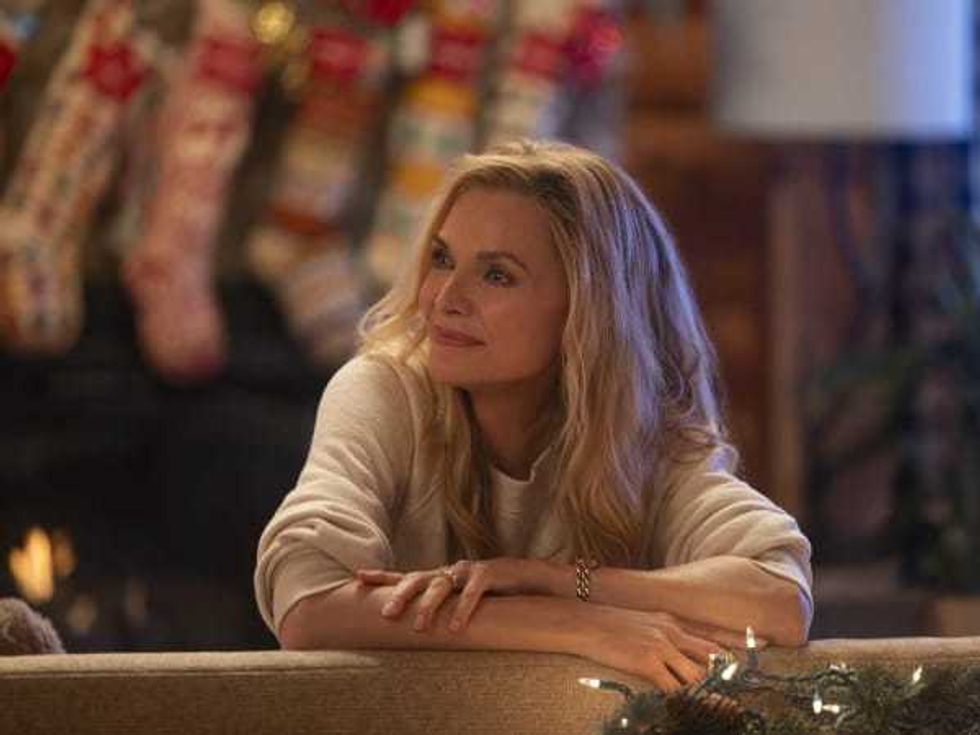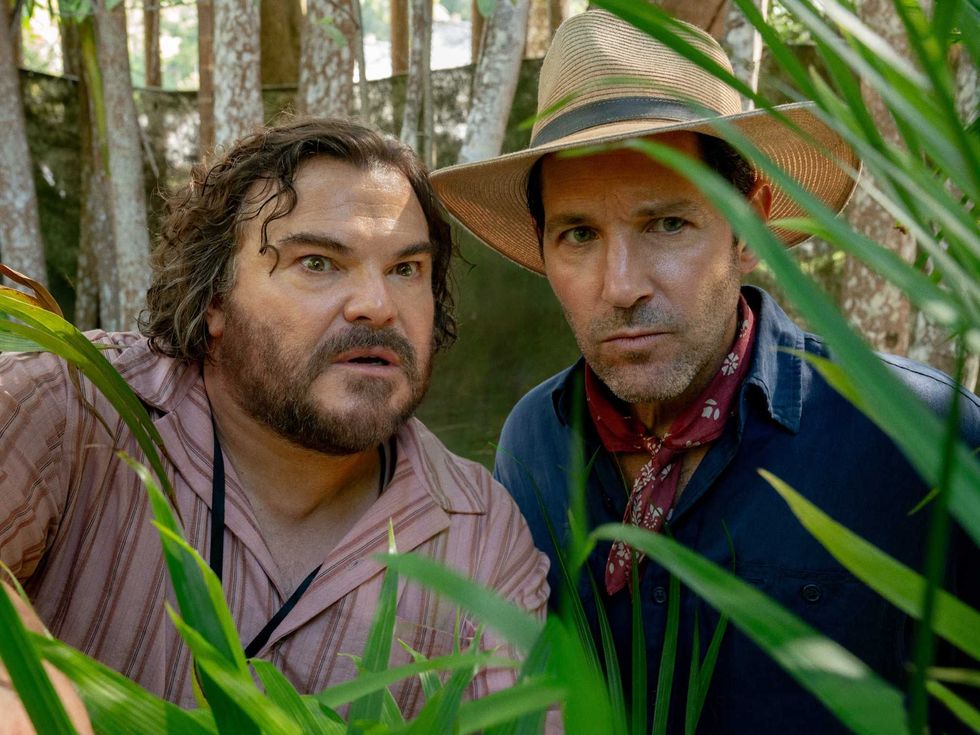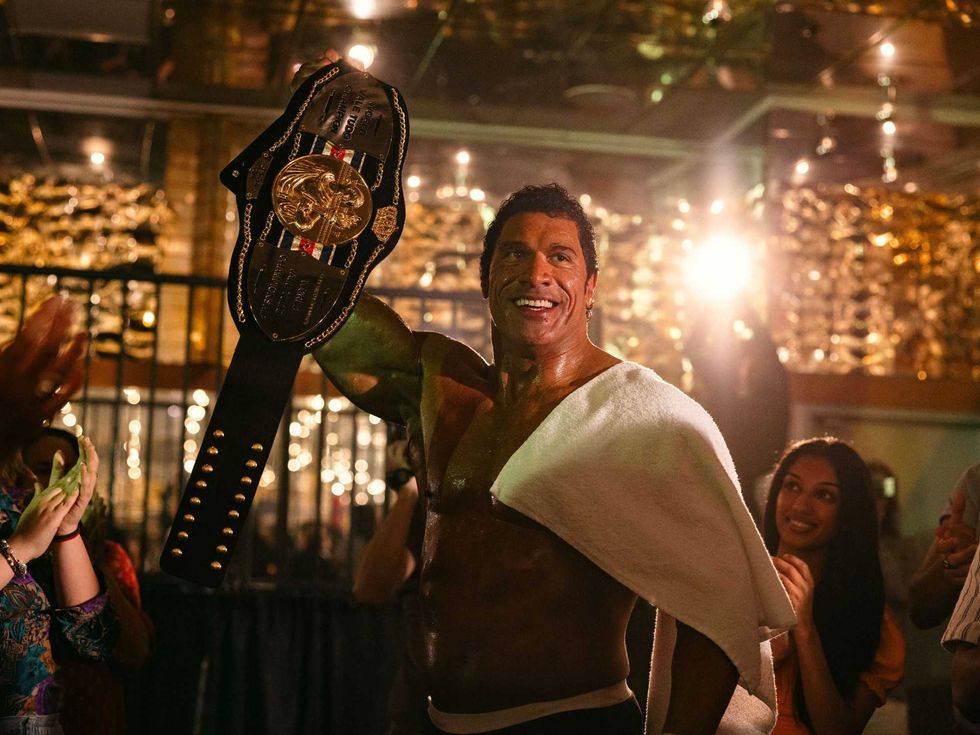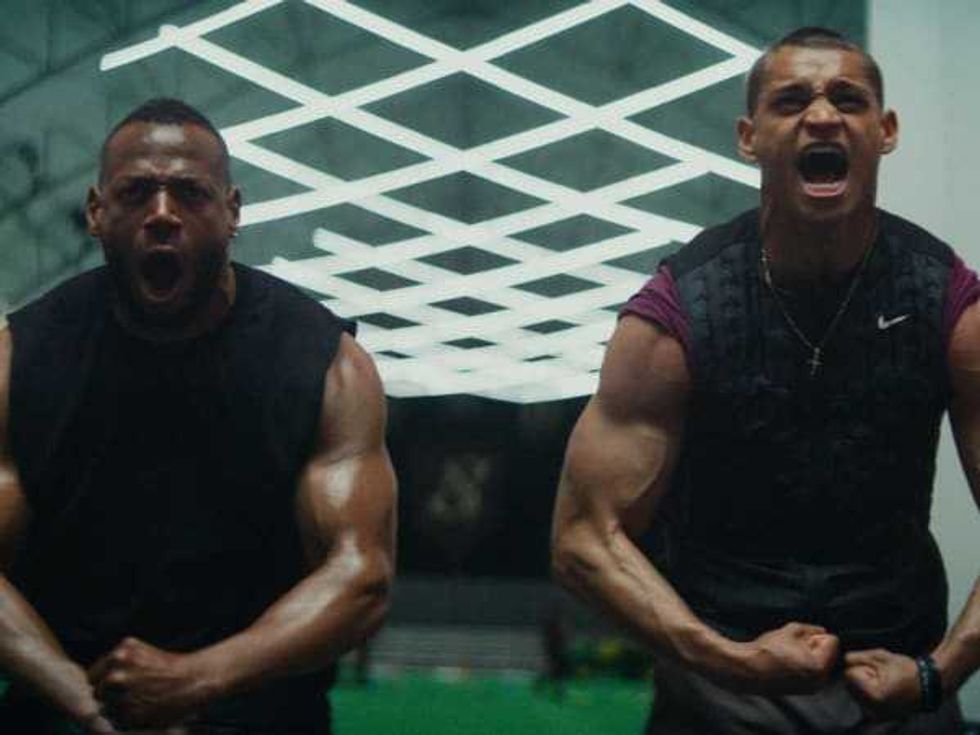Mondo Cinema
Heartthrobs Dennis Quaid and Zac Efron bring out the best in each other At Any Price
Henry Whipple, the Iowa farmer and seed salesman played by H-Town native Dennis Quaid in Ramin Bahrani’s quietly devastating At Any Price (at the Sundance Cinemas), tries just a little too hard. And the effort is starting to show.
We first see him at the funeral of a neighbor, accompanied by his son, Dean (Zac Efron), who obviously would prefer to be somewhere, anywhere else. Henry clearly wants Dean to take over the family business, just as he took it over from his own dad. But Dean just as clearly wants to take a detour from what’s expected of him, and make his mark as a race-car driver.
Henry takes Dean along so his son will see just how a go-getter can get what he wants. Doing his considerable best to appear sympathetic and solicitous, Henry expresses his condolences to the late farmer’s relatives – and then tries to buy rights to the poor guy’s land right there at the graveside.
I mean, Dennis is the all-American hero sort of badass for my generation. He was in the movies I enjoyed watching about baseball, about wanting to fly to the moon. About America. So he’s very much a hero of mine.
Dean notices how the relatives appear shocked and offended, and more or less shoo Henry away. But Dean also notices how one of those same relatives thinks better of it, walks over to Henry’s car, and asks what amount Henry is offering.
Chalk it up as another successful bit of wheeler-dealing for Henry, a character whose aggressively ingratiating charm while hard-selling suggests a cross between Willie Lohman from Death of a Salesman and the host of a TV infomercial for self-help books. Very early in At Any Price, it’s obvious that, despite his success at the funeral, his charm is wearing thin, and his luck is running out.
And in terms of breaking free of the family business, Dean is going nowhere fast.
Something bad happens, followed by something unimaginably worse, and Dean finds himself doing something he vowed he would never do. Much to his surprise – and maybe his disgust – he finds he’s very good at it.
On the other hand, Henry winds up getting pretty much what he always wanted. But he’s unsure how long it will last. And he’s certain it wasn’t worth the price.
At Any Price is a movie that brings out the best in just about everybody involved, and showcases performances by Quaid and Efron that must be ranked among the personal-bests for both actors.
When the indie drama screened last fall at the Toronto Film Festival, the late Roger Ebert praised filmmaker Ramin Bahrani as “the best new American director of recent years,” and astutely noted: “Quaid’s winning smile is famous in the movies, but never has it been used to better effect than here, where it has a slightly forced, even desperate quality. It’s as if he’s running for office.”
Ebert could have said something similar about Efron, who shrewdly plays against his bright and brash male ingénue image to indicate that, after bursting upon the scene in the High School Musical movies, he’s already fulfilling the promise he evidenced in Richard Linklater’s Me and Orson Welles.
Quaid, Efron and Bahrani sat down with me two months ago at the SXSW Film Festival to talk about At Any Price. Here is some of what they had to say.
CultureMap: Back in the early ‘80s, when I was working in Dallas, I covered a movie they were filming there, something called Tough Enough.
Dennis Quaid: [Grinning] Oh, wow.
CM: And I remember the late, great Warren Oates telling me about how impressed he was by this promising young actor in the movie named Dennis Quaid.
Dennis: Oh, wow.
CM: Well, flash-forward a few years, and I interview this young actor named Taylor Handley. And he’s telling me about how much he’s learning from working with this grizzled veteran on the TV series Vegas. So I’d like to ask…
Ramin Bahrani: Look, could we just talk about Warren Oates for the next hour or so?
CM: Don’t tempt me. What I’d like to ask each of you, Dennis and Zac, is this: What do you think you learned from working with each other?
Zac Efron: It’s really interesting working with someone you’ve grown up watching and admiring. I mean, Dennis is the all-American hero sort of badass for my generation. He was in the movies I enjoyed watching about baseball, about wanting to fly to the moon. About America. So he’s very much a hero of mine.
So to see Zac going through the same thing, I sort of felt like, “Well, there you go, buddy. Now it’s your turn to have it.”
And upon meeting him – I think we sort of hit it off. Dennis is incredibly real. He’s very simple in his craft. He’s very direct. We had dinner one night, and I remember him saying: “Just feel it, and say it.” So I have to say, not only was it great meeting him, and working with him, it was pretty empowering. I feel like a young kid who was lucky to be around such a great man.
Dennis: Well, when I was meeting with Ramin, and he said he was thinking about casting Zac to play my son, I said, “Yeah. This is a really great idea.” Because he really reminded me of myself back at that age. [Laughs] The only thing is, I think he handles it a lot better than I did.
He was just so wide open that it really helped me get back to that same way, that same degree of openness. It reminded me of that fire that burns inside you when you’re that age. And that’s the thing to hold onto – to re-learn and get reacquainted with in your life. That’s what I got from Zac.
Ramin: I remember noticing that, whenever the three of us would sit down somewhere -- not always, because we were kind of hidden out there in the cornfields and in the small towns -- but occasionally, there’d be a mob for Zac. It was a generational thing. With Dennis, there were always people – but they were more quiet. They’d come up and say, “Please, sir, could I have an autograph,” or something like that. But with Zac – yeah, there were mobs.
And I remember Dennis watching it. And there was something wry in his look, as if he were thinking, remembering, learning. And I remember thinking, “I wonder exactly what’s going on inside his head?”
Dennis: I remember a moment when I was doing Great Balls of Fire. We were out on location somewhere – I think out in East Arkansas, or West Memphis. And at one point, there were something like 400 girls rocking my trailer while I was inside it. They wound up having to call in the police.
And when I came out of my trailer to head for the set, they all came towards me. And I’ve got to tell you – it was sort of a frightening experience. And so to see Zac going through the same thing, I sort of felt like, “Well, there you go, buddy. Now it’s your turn to have it.”
CM: Ramin, what made you think these two guys were perfect to play father and son – and play these two particular characters?
Ramin: Well, Dennis – for all the reasons Zac said. I grew up watching all his films, and there was something iconic about him. That was something that matched the part – which I felt I could subvert. Like, I could subvert the idea of the guy who wanted to go to the moon, I could subvert the guy who was in The Rookie. This was a character I could subvert by bringing in the idea of Willie Lohman from Death of a Salesman, by turning this famous smile into something more crooked.
And I remember that in my effort to sort of re-imagine him for the part, I watched him on YouTube, on Ellen. And he was doing improvisation with her. And I just immediately liked him. And I liked the idea of working with an actor who could do that. Who could be spontaneous, who could be alive, who could be fresh – and who could give us a glimpse of who he might be.
CM: And Zac?
Ramin: I had seen him in Richard Linklater’s Me and Orson Wells, and I thought he was very good in it. But I didn’t know his other films. So I watched him on YouTube, too – on late-night talk-shows with the volume down. And when he would turn to look at the audience to laugh at a joke, I thought he looked sinister.
Zac: [Laughs] Really?
Ramin: And I thought this is good for the part, because I’m going to subvert Zac, too. And turn him into a darker character, unlike the other parts he had played.
Besides, really, when you look at the two of them – they really do look like father and son.
